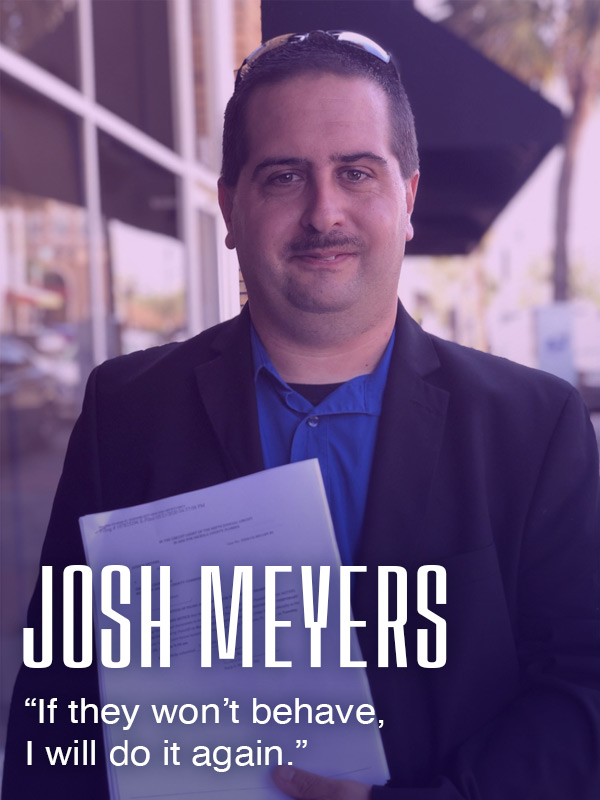James Madison wrote the First Amendment.
It is chiefly for that testament to freedom of speech and press — and by extension the right and need of the people and of the press to know what their government is doing — that we honor him with special recognition in the Freedom of Information Act Hall of Fame. National FOI Day is celebrated each year on his birthday, March 16.
Madison (1751-1836), our fourth president, did so much of the work that led to the forming of the new republic of the United States of America. A native Virginian, he helped draft that state’s constitution. Through deep study, thought, skillful debate and forceful writing, Madison earned the richly deserved title of “Father of the Constitution.”
His proposals at the Constitutional Convention of 1787 became part of the basis for the U.S. Constitution. He wanted a strong, united central government, as he persuasively argued in many of The Federalist Papers. While a congressman he endorsed an idea that he had at first opposed — that the Constitution needed a Bill of Rights. Madison may have come later than others to a commitment to that instrument, but it was no less intense. And if the first 10 amendments to the Constitution that forms the Bill of Rights was the contract, the First Amendment was the action clause, providing the solid intellectual footing for Madison’s vision of representative government.
Madison worked out the philosophical and political principles that allowed him to articulate that vision, so eloquently captured in these well-known words:
“A popular government, without popular information, or the means of acquiring it, is but a prologue to a farce or a tragedy; or perhaps both. Knowledge will forever govern ignorance; and a people who mean to be their own governors must arm themselves with the power which knowledge gives.”
Madison considered information to be the equivalent of knowledge, or at least the prerequisite to knowledge. It seems clear he felt that, beyond its intrinsic value for the individual and society, knowledge was a prerequisite to a truly representative government. In other words, the sharing of information places the governors and the governed on an equal footing in the democratic process. In Madison’s view, a functioning and fair government depends on a free flow of information — from the government to the people as well as from the people to the government.
For the vision that gave life to our first freedoms, James Madison heads the list of honorees in the Freedom of Information Act Hall of Fame.
Class of 1996
- Samuel J. Archibald
- Scott Armstrong
- U.S. Sen. Hank Brown
- Harold L. Cross
- Lucy A. Dalglish
- Earl English
- U.S. Rep. Dante Fascell
- Paul Fisher
- William H. Hornby
- Jane E. Kirtley
- Jack C. Landau
- U.S. Sen. Patrick J. Leahy
- U.S. Sen. Edward Long
- Paul K. McMasters
- U.S. Rep. John E. Moss
- J. Edward Murray
- Virgil M. Newton Jr.
- Jean H. Otto
- James S. Pope
- Harold C. Relyea
- Richard M. Schmidt Jr.
- Sheryl L. Walter
- Bruce W. Sanford
- J. Russell Wiggins
Class of 2006
- Andrew Alexander
- Gary Bass
- Thomas S. Blanton
- Danielle Brian
- David Burnham
- Hodding Carter III
- Tom Curley
- Tom Devine
- Kevin Goldberg
- Morton H. Halperin
- Charles W. Hinkle
- Kathleen A. Kirby
- Susan B. Long
- Robert D. Lystad
- John E. Pike
- Ronald L. Plesser
- Russ Roberts
- A. Bryan Siebert
- David Sobel
- Thomas M. Susman
- Mark Tapscott













